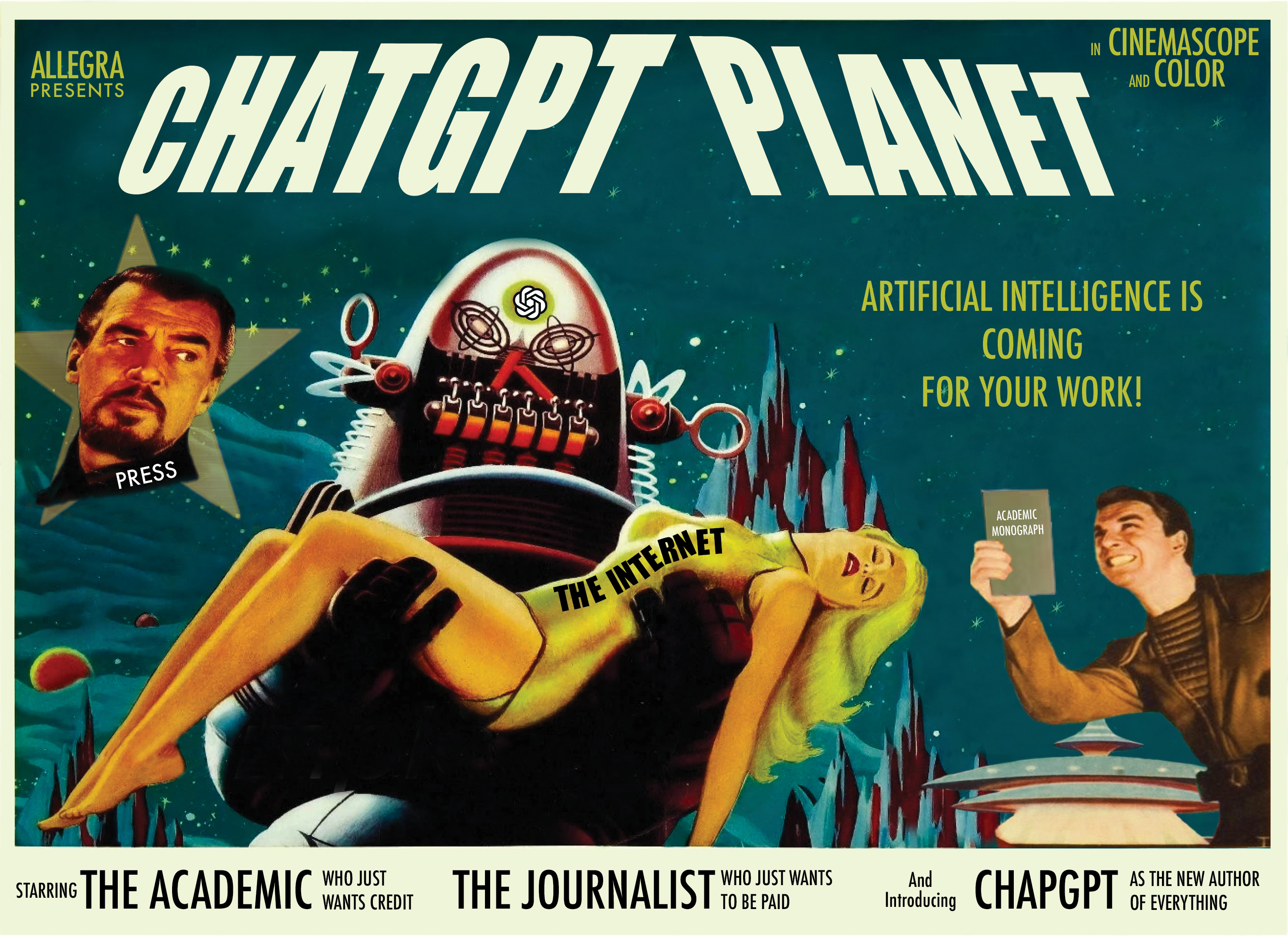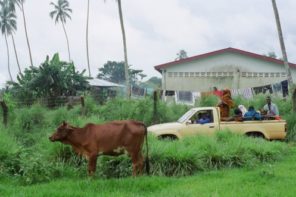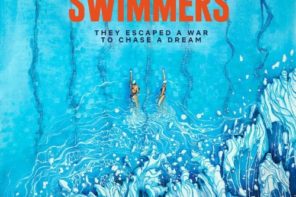One interesting way to (momentarily) close this thematic week about living fictions (one that could also speak to many other thematic weeks here on ALLEGRA, e.g. smugglers; being like a state; borders) would be to introduce a videogame I played with a friend during my fieldwork in China. The game is called “Paper, please!”, and to put it simply to you, is an intentionally low-fi but intelligently thought-provoking indie game that puts the player in the shoes of an immigration official belonging to an imaginary, soviet-type state. Your job, as the short video above shows, is to determine who may enter and who may not in the People’s Republic of Arstotzka. As a border official, the player is not only confronted with the byzantine regulations presiding over Arstotzka’s highly politicised immigration system, but also challenged by the incentives structure regimenting the country’s bureaucracy and the shortage economy crippling its citizens’ livelihood. At one point in the game, the more people you refuse to allow into the country the more resources you will have to feed your starving family.
One interesting aspect of the game is that the laws specifying who is entitled to enter the country and who’s to be considered a citizen of Arstotzka keep on changing, becoming increasingly abstract and contradictory.
Before long, your immigration booth is jammed by people complaining about the idiosyncrasies of this legal system and of its fictions. Some of them will try to hurt you.
Now, I found myself playing “Paper, please!” because of an accident that happened during my Yunnanese stay. Early on into my fieldwork, a protest broke out in the Township, blocking its main thoroughfare. Lured by the gathering of so many people in front of my temporary accommodation — a hotel in the Township centre — I exited my room, only to be later taken by the police, had my passport and camera confiscated and be confined to my hotel room for a few days. “It’s for your own safety” I was told by an otherwise very nice and apologetic local policeman. Thus, with plenty of time on my hands and with little else to do but to wait for my passport to be released, I decided to befriend the hotel manager’s nephew, a 13 year old kid who for some reason happened to be staying at the hotel at all times, and pass some of my confinement time together. I was teaching him basic english and he was eager to show me some of the video games he spent his days playing.
One day we ended up playing a videogame of my choosing, “Paper, please!”. “It is good practice for your english” I told him. Little that I know, the kid would get so much into it that he barely left my room for the following two days. “Don’t you ever have to go to school?” I once asked him, bordering on exasperation. “I can’t go to school now, my parents still live as migrant workers in Kunming, and I used to go to school there. But then, because of my parent’s rural hukou[1] (nongye hukou) I had to come back here to stay with my uncle. If you are born in the countryside you can’t study in a public school in the city”. I was surprised by this story, and felt sorry for him. I tried to crack a joke to cheer him up.
“Well it’s really like in the game isn’t it?” – “If you don’t have the right papers you don’t get into the city” he replied with a smile.
At one point in ”Paper, please!”, the player is given the choice to conspire with a group of home-bred terrorists (or freedom fighters, depending on the player’s point of view) by smuggling sympathetic individuals and resources into Arstotzka. Their goal is to bring down the regime. Now, guess what choice my friend made.
[1] A hukou is a record in the PRC’s system of household registration. It identifies a person as a resident of an area and includes identifying information such as name, parents, spouse, and date of birth. It is the basis for resource allocation and the provision of services and subsidies for selected groups of the population.









